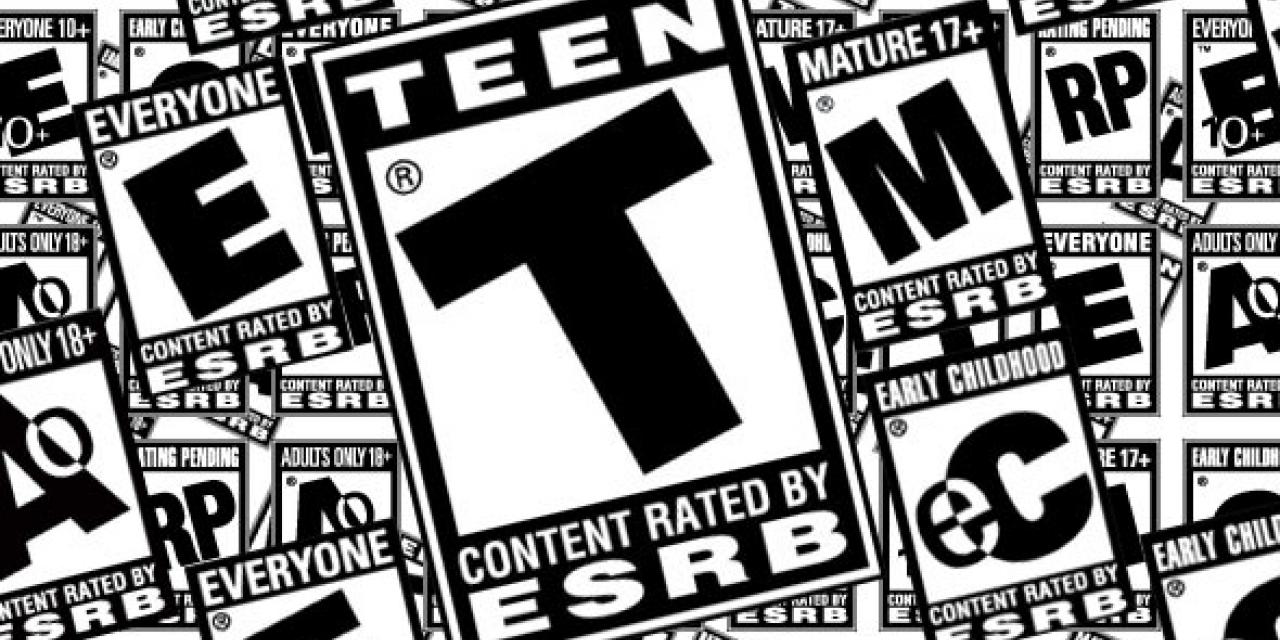
Based on his six months of working as a fulltime ESRB game rater, Jerry Bonner discussed what he perceives as the board's major faults.
Bonner noted that the board enshrouds itself in unneeded secrecy. "Realistically, there is nothing to hide at the ESRB. Everything was above board as far as I could tell... But by acting in a secretive, mysterious way, the ESRB creates an appearance of impropriety. "
Bonner also confirmed that ESRB reviewers don't actually play the games they rate. "The ESRB's current pool of fulltime raters... does not actually play the games that they rate. They just watch submitted videotapes or DVDs of someone else playing the game." ... "I've already heard the ESRB's argument on this one: "That'll take way too long and it will compromise our turnaround time." My solution to that is simple: Hire more people."
Another problem pointed out by Bonner is adopting a "Parity" system where sequels receive the same ratings of their predecessors. "In my time as a rater this concept just handcuffed us more than helped us... Forget the whole concept of parity, or minimize the dependence on it, and judge each individual game solely on its content and nothing else."
Finally, Bonner accused the board's management of altering the reviewers' ratings. "It was my understanding when I was hired that I would actually be rating games. Unfortunately that wasn't the case in some instances. The raters were viewed as more of an electoral college, and our ratings were not always the final ones issued. Sometimes, we'd see a full letter rating change (a game we gave an M would be lowered to a T, for example, or a T raised to an M)."
Jerry Bonner's opinion is published fully in the latest issue of EGM Magazine.
Featured in the same article is ESRB president Patricia Vance's response, which reads as follows:
"Mr. Bonner's article contains numerous misleading statements, factual inaccuracies, and misrepresentations... The author also fails to mention the unique and limited nature of his six-month tenure at the ESRB...
He implies that we arbitrarily change ratings after the raters have done their jobs. This is not the case... And, contrary to Mr. Bonner's contention, the fact that a title being rated is part of a series has no bearing on the decision...
The author unfortunately also confuses our efforts to ensure the integrity and trustworthiness of the ratings system with unnecessary levels of secrecy. It is regrettable that the author does not appreciate the importance of protecting the confidentiality of the raters to avoid even the possibility of undue influence from external sources.
At the end of the day, ESRB stands behind each rating it assigns, and the process by which it assigns those ratings."
After the article was published, Bonner commented that he "was not fired by the ESRB. I left of my own accord and on good terms."








